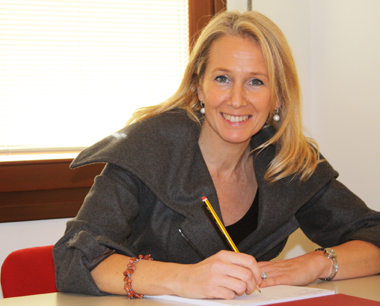Sì all’affidamento super esclusivo al padre se la madre è incapace di svolgere la funzione educativa.
Affidamento dei figli | Responsabilità genitoriale, decadenza e affievolimento
La Corte di Cassazione, con l’ordinanza n. 29999 del 31 dicembre 2020, affronta il delicato tema dell’affido super esclusivo dei figli ad un solo genitore, nel caso di specie il padre, a fronte della accertata incapacità della madre di comprendere i loro bisogni e di svolgere, nel loro interesse, la funzione educativa.
E’ utile evidenziare in questa sede, come l’istituto dell’affidamento esclusivo rafforzato, enucleato dalla giurisprudenza partendo dal dettato normativo dell’art. 337 quater, terzo comma, c.c., vada a tutelare proprio il principio del “best interest of the child”, sancito, in primis, dall’art. 3 della Convenzione di New York sulla protezione dei diritti del fanciullo, introducendo questa terza figura di affidamento accanto ai regimi di affidamento condiviso ed esclusivo.
Tuttavia “…questa concentrazione di genitorialità in capo a uno solo dei genitori non rappresenta, ovviamente, un provvedimento che incide sulla titolarità della responsabilità genitoriale, modificandone solo l’esercizio…” (Trib. Milano, sez. IX civ., ordinanza 20 marzo 2014).
Yes to super exclusive custody of the father if the mother is incapable of fulfilling her parental role
Custody of children | Parental responsibility, forfeiture and diminishment
The Court of Cassation, in its order no. 29999 of 31 December 2020, addresses the delicate issue of super-exclusive custody of children to a single parent, in this case the father, in the event of the mother’s proven inability to understand their needs and to perform, in their interest, the educational function.
It is useful to underline here that the enhanced sole custody, which has been developed by case law on the basis of Article 337c(3) of the Civil Code, is intended to protect the principle of the “best interests of the child”, which is enshrined, first and foremost, in Article 3 of the New York Convention on the Protection of the Rights of the Child, by introducing this third form of custody alongside shared and sole custody.
However, “…this concentration of parental responsibility in the hands of only one of the parents is obviously not a measure that affects parental responsibility, but only modifies the exercise thereof…”. (Trib. Milano, sez. IX civ., order of 20 March 2014).
)

